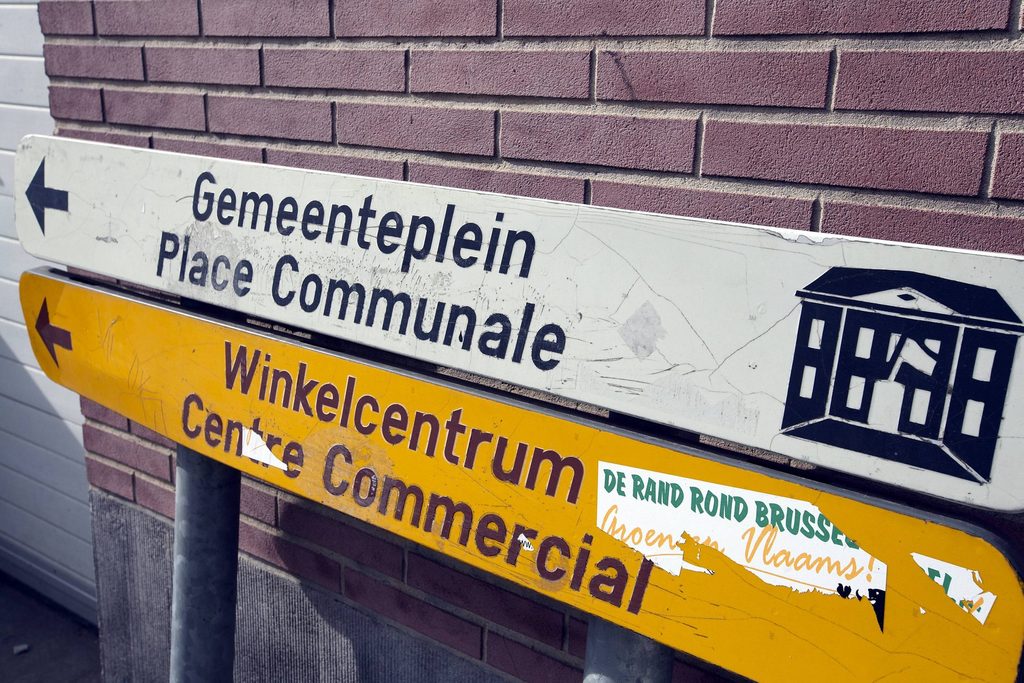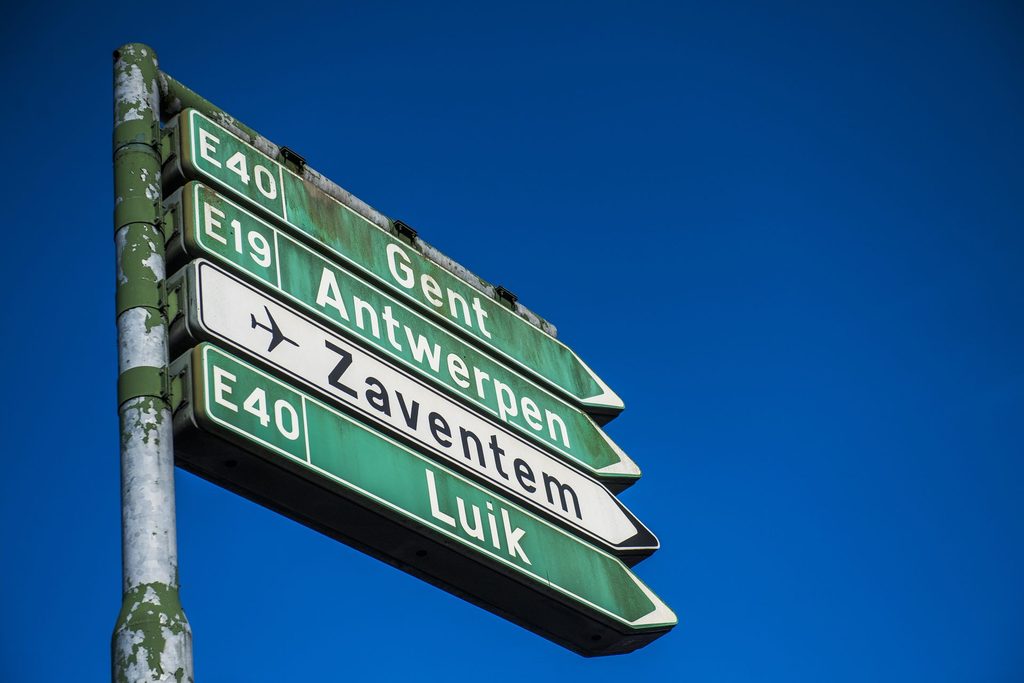Belgium's linguistic divide has sunk to new lows after Flemish Mobility Minister Lydia Peeters stated that she did not want the names of Walloon towns and cities to be indicated in French on Flemish motorways.
As the Antwerp-West interchange has been revamped, the new road signs on the motorway are directing drivers to cities in the language of the destination, instead of the language of the region where the sign is placed.
While this may seem only logical to many, the change came as quite a shock to regional authorities in Belgium, where Flemish and Walloon residents often call the same city by a different name: the city of Liège is referred to as Luik in Dutch, and Namur is called Namen.
Road signs in Flanders directing drivers to any location in Wallonia have always used the Flemish name for the city, whereas the new signs in Antwerp are indicating the way to Liège and Namur, instead of Luik and Namen.
Crowded, complicated and unnecessary
The decision was made based on the Flemish Agency for Roads and Traffic's internal guidelines, which states that the language of the destination should be used to indicate cities on road signs along motorways.
"This way, we avoid double designations such as Luik-Liège, Gent-Gand or Rijsel-Lille. They only make the signs more crowded with an unnecessary amount of information that only complicates matters," the Agency's spokesperson Katrien Kiekens told VRT.
"Especially motorways near the language border suffer from a lack of continuity in signage due to the frequent change of language," she added. One uniform place designation is also much easier for international drivers.

A bilingual sign in Linkebeek, just outside Brussels. Credit: Belga/Nicolas Maeterlinck
For Peeters, however, the change is not acceptable.
“The language legislation is there to be respected. Therefore, I ask that the relevant traffic signs at the new Antwerp-West interchange be adjusted again in accordance with the language legislation," she said on Twitter. "So it will be Luik and Namen again.”
Still, the internal guideline is not new and had in fact been drawn up during the previous legislature. It has only become a problem now that the Agency is using these new signs for the first time.
"Because they have never applied it before, it has only now come to light that the rule is not in line with the legislation," Peeters said, adding that the language legislation is "of course" more important than an internal rule.
Related News
- Embrace 'bad English' as the European 'lingua franca,' says Timmermans
- Untangling Belgium: The history of the German-speaking Community
- Belgian series '1985' on Brabant Killers highlights country's language divide
"The language legislation says that the language on the sign must be the same as the location where the sign is located, and not that of the destination," she said. "It is possible to add it in brackets on the sign. But without a doubt: the Dutch place names must be on the signs in Antwerp-West."
The signs will be adjusted as soon as possible, as per Peeters' request, said Kiekens of the Roads and Traffic Agency. "The intention is to replace the names on the signs with the Dutch name, not to replace the signs completely."
The changes to the signage had only been made for the signs along the Oosterweel link, meaning changing them back will "not be an immense cost," said Peeters.

